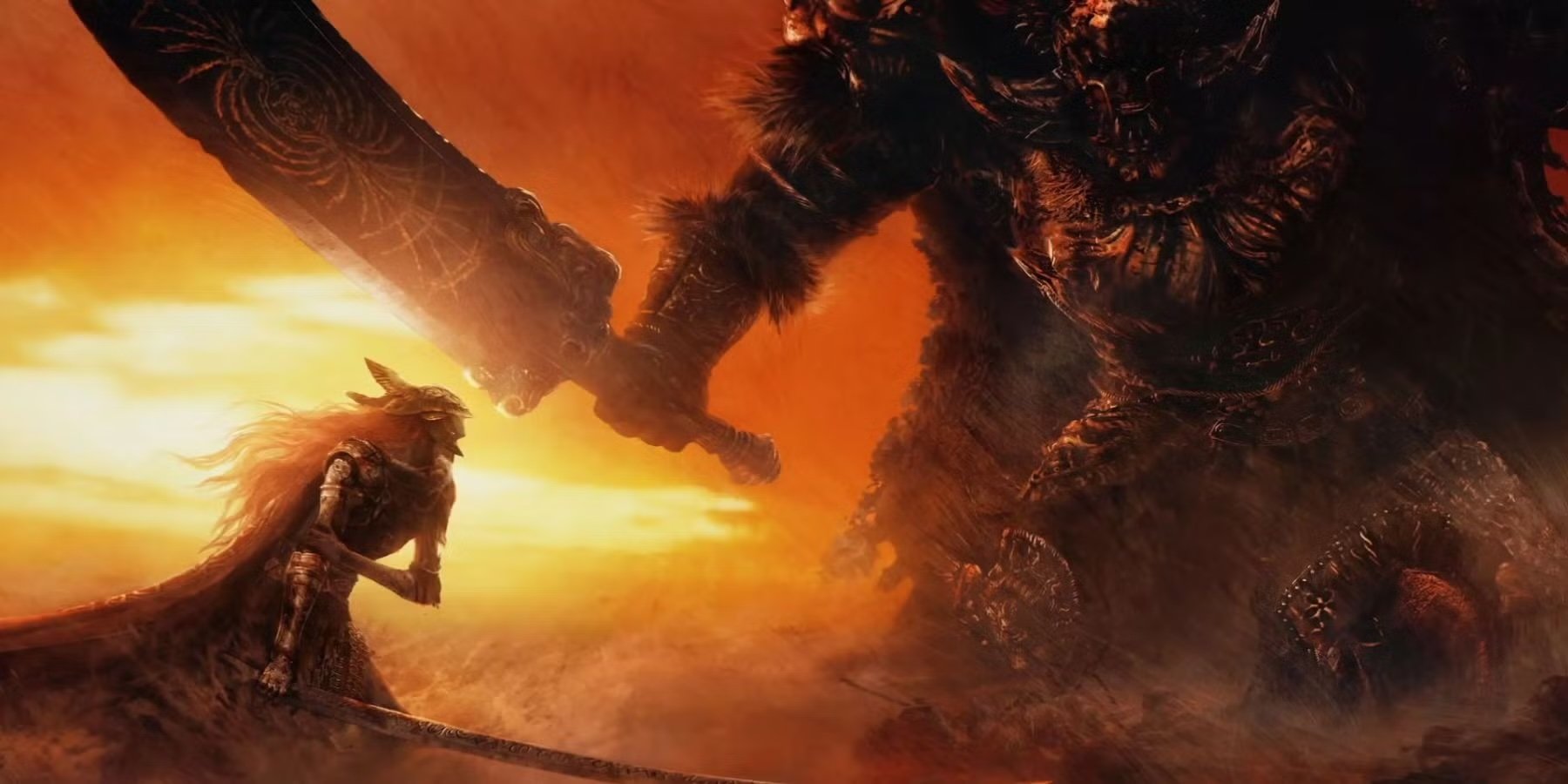Anyone who has ever stood on a subway train in China will likely have witnessed gameplay from Honor of Kings. The mobile app, also translated as King of Glory, might look familiar to international gamers too, seeing as it is pretty much a carbon copy of the immensely popular League of Legends. Nonetheless, the title recently topped the global charts in mobile gaming revenue, and the momentum doesn’t look like it will be slowing down anytime soon, with owner Tencent having recently announced the expansion of the game to the Nintendo Switch platform.
Tencent, the mobile innovation super behemoth behind WeChat, and the still-infantile Nintendo Switch are an unexpected pairing to say the least. But Tencent has always had a strong grasp on “what’s next”, and how to most effectively take advantage of it. Even though Honor of Kings is a clone of an already-existing game, Tencent can’t really be framed as stealing intellectual property, seeing as they bought out the remaining shares of League of Legends developer Riot Games in 2015.
“Chinese millennials already do everything with their phones – shopping, paying, ordering food – so bringing the game to that level of convenience was key.”
What’s impressive is Tencent’s strategy that launched the game into a national phenomenon on the homefront in China: a series of minor tweaks and positioning changes allowed Honor of Kings to dominate the market. For one, the entire game is simplified and optimized for mobile play. You don’t need to pull out your computer, and the accessibility of having the game in your pocket at all times feeds into its addictive nature (so much so that the federal government recently had to step in to curb its popularity). Chinese millennials already do everything with their phones – shopping, paying, ordering food – so bringing the game to that level of convenience was key.
 13-Year-Old Who Jumped Off Balcony Shines Light on Gaming Addiction Among Young ChineseArticle Jun 30, 2017
13-Year-Old Who Jumped Off Balcony Shines Light on Gaming Addiction Among Young ChineseArticle Jun 30, 2017
Also, since Tencent already operates the largest mobile communication platform in the country, they had the highest capability to draw customers out of the “freemium” payment model. Players can play the game for free, but need to spend real-world money for certain items and power-ups. Since Tencent operates both the game and the WeChat payment platform, they have integrated control over both ends of the equation, with no need for a middle man (it seems to be going well for Tencent, with online gaming constituting 47% of the company’s 2016 revenue). Similarly, WeChat marketing streams can pull players into Honor of Kings, and vice versa.
“The game’s playable characters will reportedly feature more American-style selections, like Batman, Superman, and Wonder Woman.”
One final move that allowed Honor of Kings to take root in China on a level never reached by League of Legends was a cultural localization to the Chinese market. While League of Legends‘ playable characters are mostly knights, wizards, etc., Honor of Kings draws its cast from Chinese history and mythology. Now, Tencent is looking to recreate that process with the international version of the game for the Nintendo Switch, under the title Arena of Valor. The game’s playable characters will reportedly feature more American-style selections, like Batman, Superman, and Wonder Woman. It can also be noted that the Nintendo Switch is the most “mobile” of the new-gen video game consoles, indicating that Tencent really is modeling its expansion on the principles that brought it success domestically.
Arena of Valor will be the first massive online battle arena (MOBA) game to arrive on the Switch, and only time will tell how it’s received by overseas audiences. The American-conceived format went to China to become Chinese, only to return home and be rebranded for America again – but given Tencent’s track record on the frontier of modern gaming, we predict it will be dangerously addictive.


















